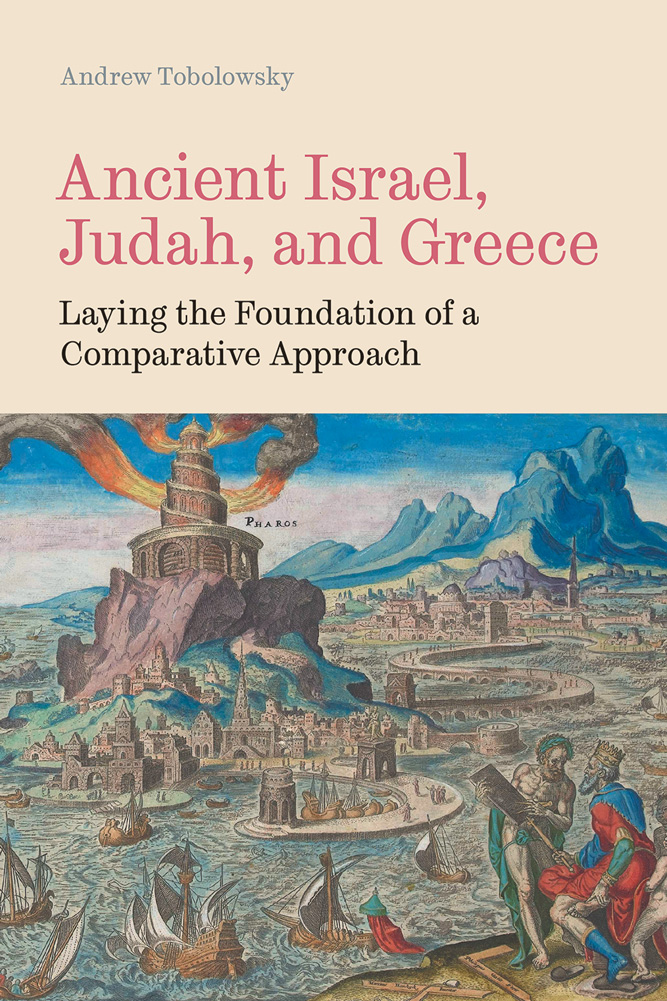Ancient Israel, Judah, and Greece: Laying the Foundation of a Comparative Approach
£70.00
Andrew Tobolowsky offers a new starting point for comparative investigations into the traditions of the Hebrew Bible and of ancient Greece. Noting a number of shared problems and questions in the study of each corpus, he advocates for a method based on comparing not tradition to tradition but scholarly approach to scholarly approach.
Andrew Tobolowsky offers a new starting point for comparative investigations into the traditions of the Hebrew Bible and of ancient Greece. Noting a number of shared problems and questions in the study of each corpus, he advocates for a method based on comparing not tradition to tradition but scholarly approach to scholarly approach. He argues that such a method not only helps overcome the problem of parallelomania, and a high philological barrier to entry, but transforms scholars in each discipline into fellow travellers, capable of offering each other useful insights.
By applying this method of comparing scholarly approaches, Tobolowsky considers four crucial questions:
– what do contemporary understandings of ethnic identity mean for the study of these traditions;
– what role should extraliterary evidence play in illuminating them;
– how should we understand the data of genealogical traditions;
– and what do new understandings of the porousness of cultural boundaries in the ancient world mean for the study of foundation traditions.
In each case, he surveys the landscape of contemporary debates in both fields to determine what new ideas hold the most promise for solving intractable problems—and for most successfully moving on from outdated assumptions.
In addition, Ancient Israel, Judah, and Greece particularly emphasizes the usefulness of thinking about the historical development of traditions in the Hebrew Bible through the lens of a Mediterranean context where there is so much more evidence for how traditions were inherited and adapted to work with. Overall, Tobolowsky argues that what each of these comparisons most clearly demonstrates is the crucial importance of completing the shift from a “kernels of truth” based approach to the study of traditions to one where their ongoing dynamism as the medium for redescribing identity and the past is emphasized instead.


Reviews
There are no reviews yet.